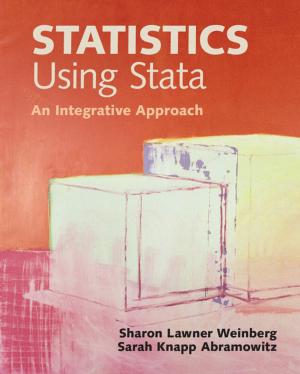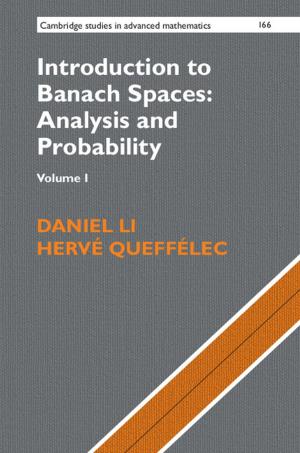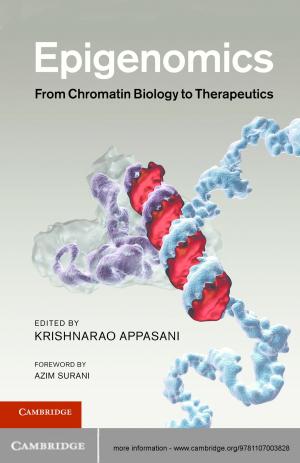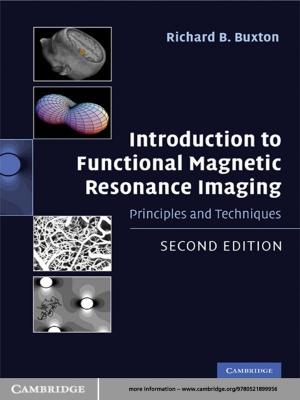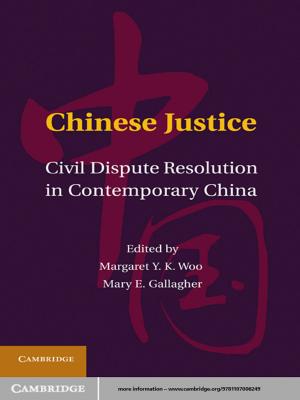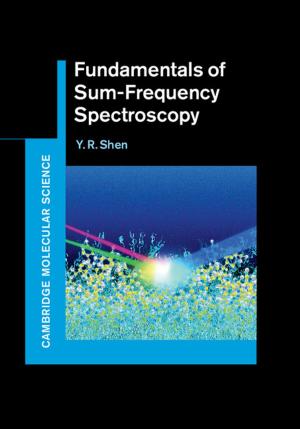Separation of Molecules, Macromolecules and Particles
Principles, Phenomena and Processes
Nonfiction, Science & Nature, Technology, Engineering, Chemical & Biochemical, Science| Author: | Kamalesh K. Sirkar | ISBN: | 9781107460461 |
| Publisher: | Cambridge University Press | Publication: | January 16, 2014 |
| Imprint: | Cambridge University Press | Language: | English |
| Author: | Kamalesh K. Sirkar |
| ISBN: | 9781107460461 |
| Publisher: | Cambridge University Press |
| Publication: | January 16, 2014 |
| Imprint: | Cambridge University Press |
| Language: | English |
Providing chemical engineering undergraduate and graduate students with a basic understanding of how separation of a mixture of molecules, macromolecules or particles is achieved, this textbook is a comprehensive introduction to the engineering science of separation. • Students learn how to apply their knowledge to determine the separation achieved in a given device or process • Real-world examples are taken from biotechnology, chemical, food, petrochemical, pharmaceutical and pollution control industries • Worked examples, elementary separator designs and chapter-end problems are provided, giving students a practical understanding of separation. The textbook systematically develops different separation processes by considering the forces causing the separation and how this separation is influenced by the patterns of bulk flow in the separation device. Readers will be able to take this knowledge and apply it to their own future studies and research in separation and purification. Online resources include solutions to the exercises and guidance for computer simulations.
Providing chemical engineering undergraduate and graduate students with a basic understanding of how separation of a mixture of molecules, macromolecules or particles is achieved, this textbook is a comprehensive introduction to the engineering science of separation. • Students learn how to apply their knowledge to determine the separation achieved in a given device or process • Real-world examples are taken from biotechnology, chemical, food, petrochemical, pharmaceutical and pollution control industries • Worked examples, elementary separator designs and chapter-end problems are provided, giving students a practical understanding of separation. The textbook systematically develops different separation processes by considering the forces causing the separation and how this separation is influenced by the patterns of bulk flow in the separation device. Readers will be able to take this knowledge and apply it to their own future studies and research in separation and purification. Online resources include solutions to the exercises and guidance for computer simulations.

